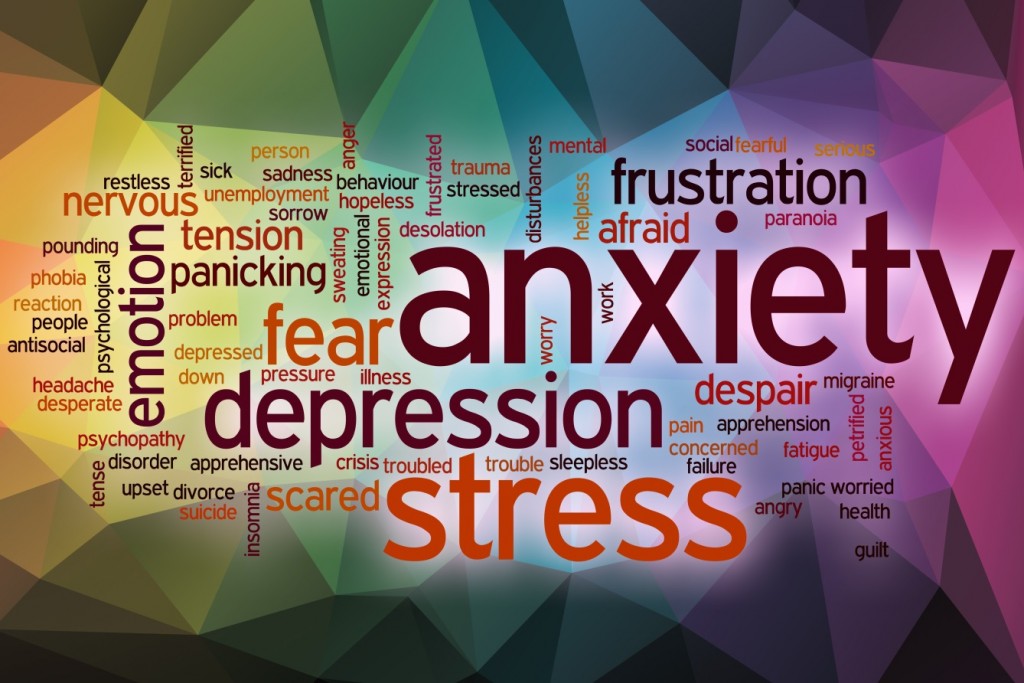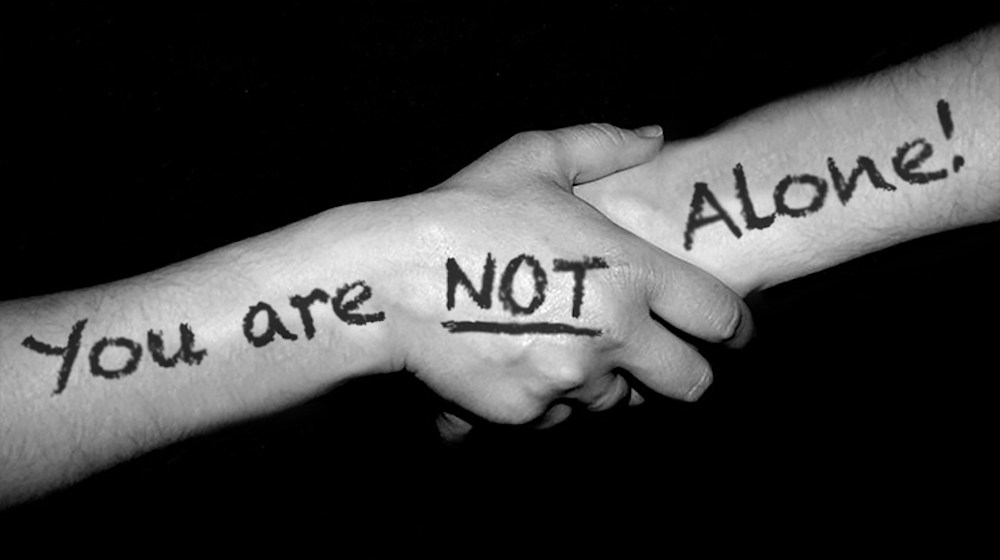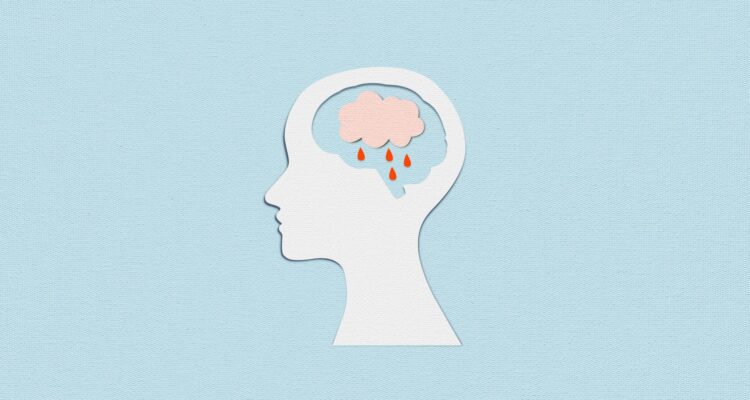The topic of depression is a difficult one for many people to discuss. There are times when those heading down the road towards depression aren’t in a place where they yet feel comfortable discussing it openly, even with trusted family and friends. Others might know that depression is something they struggle with but are unable to find the words or confidence to bring it up with another person. Still, others might very well have come to grips with a diagnosis of depression but aren’t entirely sure how to go about managing their condition.
If you are looking for ways to cope with depression, here are three tips for you to consider that may help.
1. Seek the Help of a Professional

As with any other mental health condition that you might be facing, the first thing you should look to do if you’re feeling overwhelmed with negative or destructive thoughts is to seek the help and guidance of a doctor or other qualified mental health professional. A professional can properly evaluate your situation and provide you with a diagnosis that can help you to find the best treatment options available to you.
There are many factors that will go into the course of treatment you opt for. Your age, for instance, will play a role in the approach to treatment that is recommended for you. Teenage depression treatment is going to encompass different methods than adult depression treatment would. Consult your healthcare professional so that you can find the right approach to managing your depression.
2. Make Positive Lifestyle Changes

One way that you can better manage your depression involves making positive changes to your lifestyle. There is a well-established link between your physical wellness and your mental wellness. Because of this link, those suffering with depression are encouraged to start exercising regularly and make healthier decisions when it comes to their diet.
If you don’t see yourself as particularly athletic, you can still reap the benefits that exercise can have on your mental status by simply taking thirty minutes every day or two to go for a brisk walk or light jog. Changing your diet doesn’t have to necessarily involve a complete overhaul, either. By making healthy swaps, throughout your day, you can manage to cut down on your intake of refined sugars and fats and increase the amount of nutrients that you give your body through plenty of whole, unprocessed, fibre-rich foods such as vegetables, fruit, nuts and seeds and whole grains.
3. Find Support

If you are struggling with depression, it is important for you to know that you are not alone. Even if you feel isolated and are tempted to retreat from your friends and family, during this time, you must lean on your support network instead of pulling away from it.
The people in your life are there for you in the good times and bad. By building up and leaning on your support network, you will feel more comfortable opening up to someone in those times when you need it most. You will be surprised at how beneficial it can be to open up to a trusted source and talk through those things that are causing you stress and anxiety.

